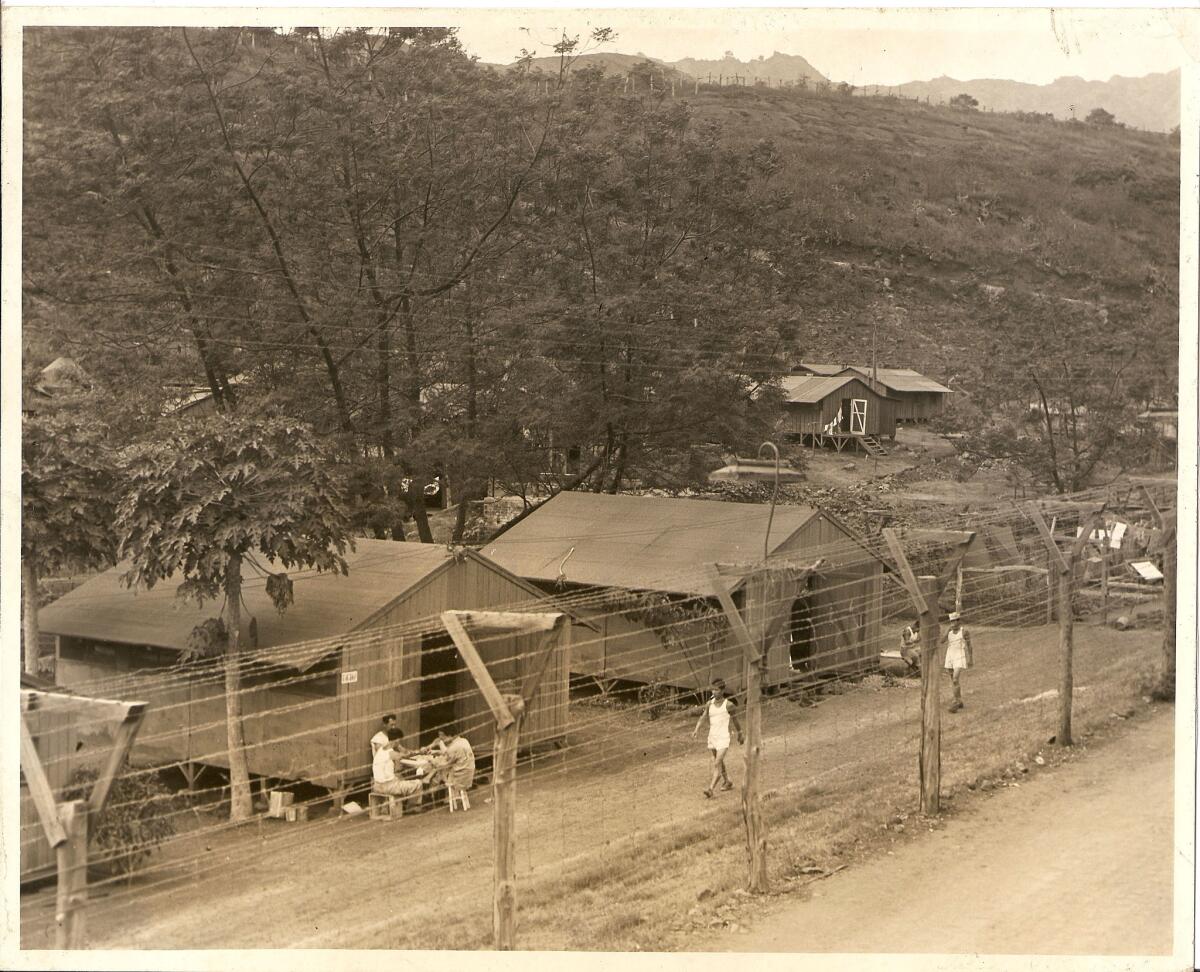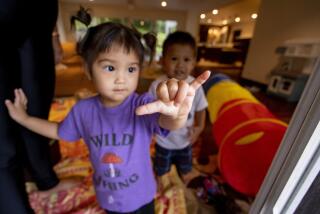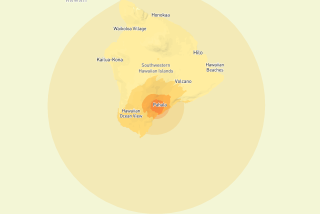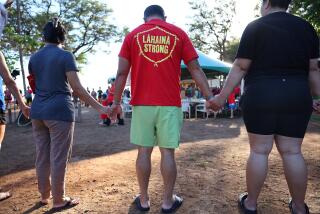Hawaii: Documentary tells the story of interned Japanese Americans

The stories of thousands of Japanese American citizens detained during World War II because of their ancestry will be shared when a documentary is screened this month on Hawaii’s Big Island.
“The Untold Story: Internment of Japanese Americans in Hawaii” chronicles the lives of those who were imprisoned.
It will be shown at 7 p.m. July 29 in the Kilauea Visitor Center at Hawaii Volcanoes National Park. Admission is free but a $2 donation is encouraged.
The documentary was produced by the Japanese Cultural Center of Hawaii in Honolulu. It preserves the history of Japanese Americans in Hawaii during the war. An exhibit displays works of art created by internees, including small sculptures carved from toothbrush handles.
More than 2,000 people were arrested within 48 hours of the Dec. 7, 1941, Japanese attack on Pearl Harbor. They included business and community leaders, newspaper editors and even Buddhist priests.
Most of those arrested were held at the Honouliuli Internment Camp about 25 miles northwest of Honolulu. Its residents called it jigoku dani, “Hell Valley.” The buildings were bulldozed at the end of the war.
Officials at the cultural center are leading the charge to turn the overgrown land into a national monument.
Their efforts took a big leap in May when a National Park Service report said that the internment camp is suitable for inclusion in the park system. Honouliuli was described as “a distinct and important aspect of American history associated with civil liberties in times of conflict.”
Public comment on whether to turn Honouliuli into a national historic site ends July 15.
The property is owned by Monsanto Hawaii, whose website says it is willingness to donate the land to the National Park Service to preserve history.
Carole Hayashino, president and executive director of the Japanese Cultural Center of Hawaii, hopes history will prevail.
“One hundred years from now, I hope future generations will learn something from this chapter in history,” she said.
Follow us on Twitter at @latimestravel
More to Read
Sign up for The Wild
We’ll help you find the best places to hike, bike and run, as well as the perfect silent spots for meditation and yoga.
You may occasionally receive promotional content from the Los Angeles Times.






